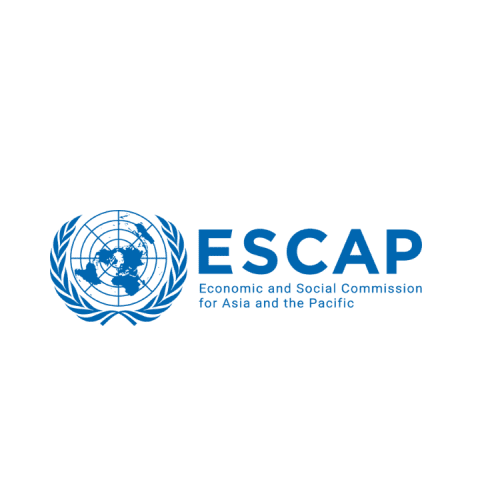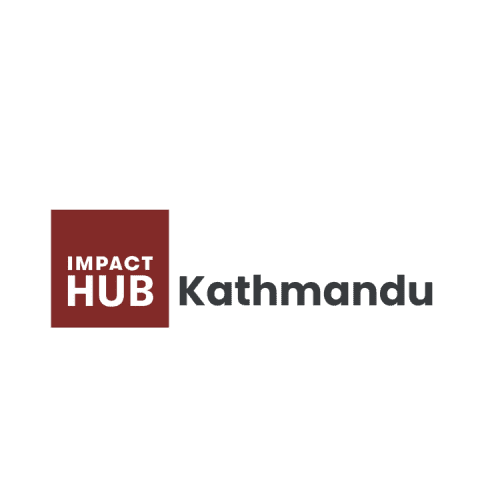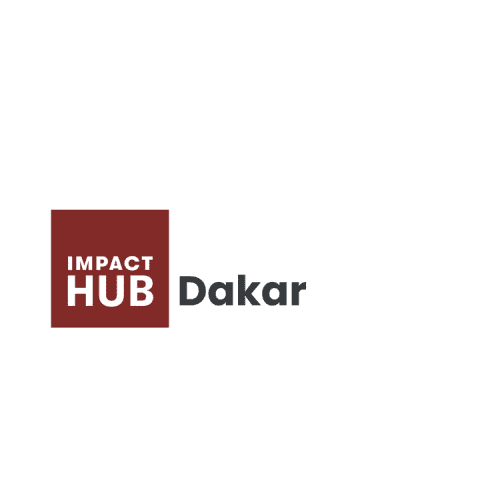A research effort on approaches to providing more inclusive entrepreneur support, particularly to facilitate entrepreneurs’ access to finance
consulted stakeholders
entrepreneurs with disabilities /service PWDs
Inclusive entrepreneur support
We conducted a four-month research project to delve into the experiences of women entrepreneurs with disabilities in Cambodia accessing business support and finance. Conducted in collaboration with UNESCAP, this research was part of a broader research effort in the Asia-Pacific region to understand how to make entrepreneurship support more accessible and inclusive. In particular, the study focused on access to finance and infrastructural barriers that hinder the entrepreneurial pursuits of women entrepreneurs with disabilities.
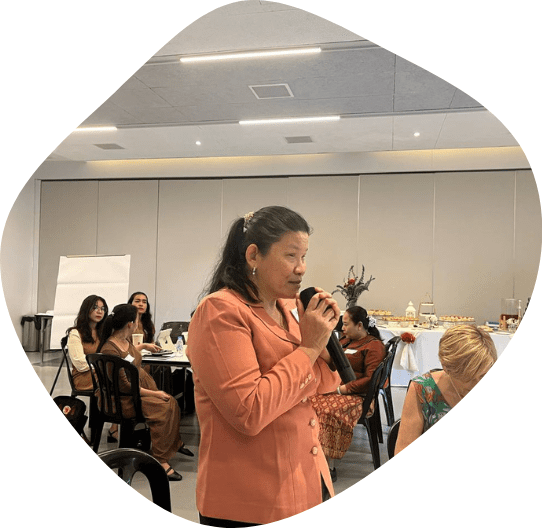
Our Approach
Mixed-Methods Research
Using a mixed-method approach, we began with desk research to review existing literature on women’s entrepreneurship and people with disability in Cambodia. Through in-depth interviews with stakeholders, including women entrepreneurs with disabilities, Entrepreneurship Support Organizations (ESOs), disability activists, and loan providers, we captured deeper insights into the challenges and experiences in entrepreneurial and financial access.
Stakeholder Consultation
A local consultation phase engaged 20 key stakeholders to validate findings and integrate ecosystem feedback, which we integrated into a comprehensive report. This report highlights the principal barriers to business support and finance for women entrepreneurs with disabilities and outlines best practices for enhancing inclusivity in business support and financial access in Cambodia.
Synthesis and Sharing
Our findings from Cambodia also contributed to a best practice report for the Asia-Pacific region, which spotlighted parallel research efforts in Nepal, Bangladesh, as well as Cambodia and provided recommendations to advance the business support ecosystem toward greater gender and disability inclusion.
About the report
This study aims to uncover and address the intersectional challenges faced by women entrepreneurs with disabilities in accessing business support and financial services in low- and middle-income countries in Asia, particularly Bangladesh, Cambodia, and Nepal.
The research employs qualitative approaches, including in-depth desk reviews of existing policies and literature; key informant interviews; local consultation workshops; regional consultations with a Community of Practice of experts on women‘s entrepreneurship, access to finance and business support, and disability inclusion; and a regional validation workshop.
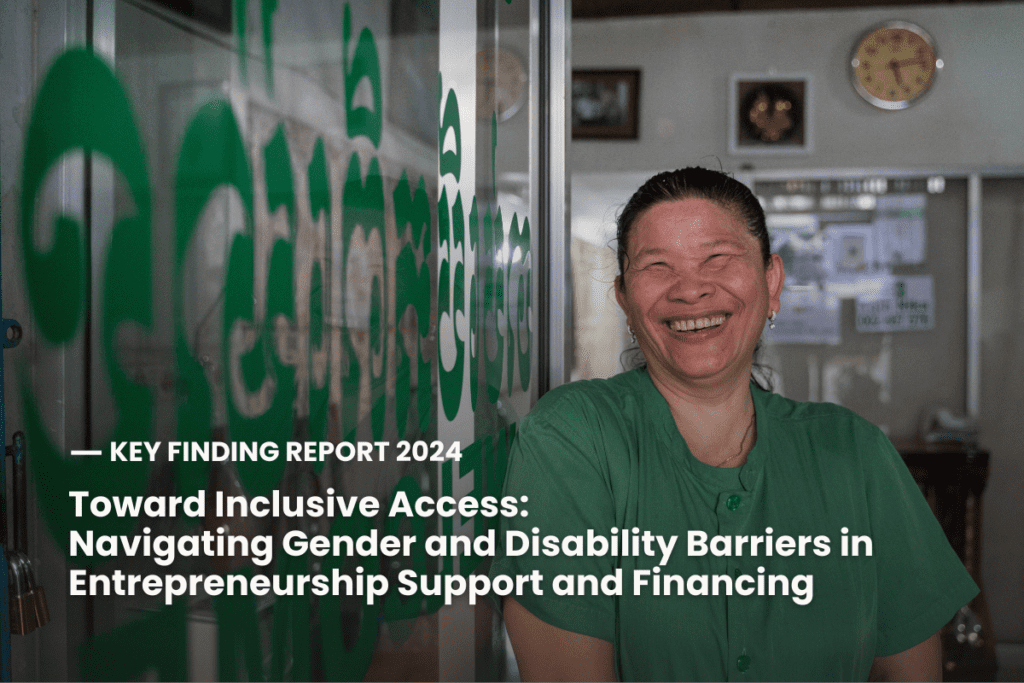
The real takeaway is to address the social barriers in society to provide access to persons with disabilities. When they have opportunities like anybody else, they can make it like anybody else.
A key interview informant
Our Partners
